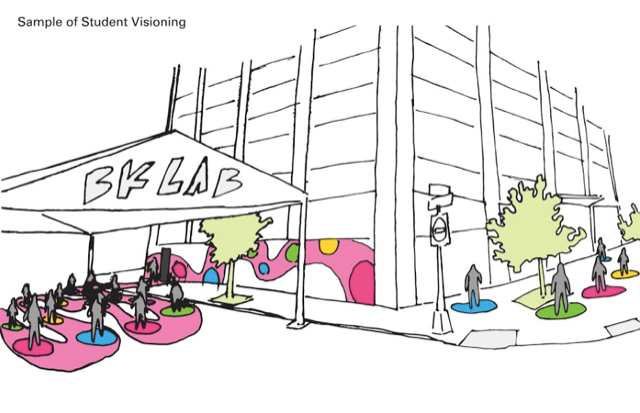In the post-Covid era, office space will shrink because of the many lasting effects from the coronavirus, including pressures to cut costs, acceleration of cloud computing and more support for employees working from home.
That's according to a report from IT consultant Messaging Architects—adding to the chorus of voices across the US that are anticipating a mass trend of smaller corporate office space.
While the virus will end at some date, its effects will last much longer, noted Messaging Architects, an eMazzanti Technologies Co. It cited a recent Gartner survey that revealed 74% of chief financial officers will move at least a portion of their previously on-site workforce to permanently remote positions.
With improved work-life balance, a more content work-from-home employee "is more productive, giving both workers and employers good reason" to continue these policies, the report said.
Costs factors will also influence smaller offices, as companies that experimented with flexible scheduling to reduce office head count have financial incentives to make the rotations permanent. Companies cutting costs will find "they can manage fine" with less space, the report noted.
Another factor will be less need for server rooms. "The overnight acceleration of cloud computing to accommodate [working from home] means that server rooms will be eliminated in favor of cloud data centers," the report predicted, adding technology will make remote work as productive or more productive than in the office. "Technologies to facilitate employees coming and going, improve collaboration and health, and other office productivity improvements will transform post-pandemic office spaces."
Meanwhile, physical office space will see long-lasting changes, such as improved air filtration and circulation systems, the sharing of employee desks on a rotational basis, and less density per square foot. Changes appearing now to control the spread, like plexiglass dividers, one-way foot traffic and 6-foot floor circles around desks "will not all disappear" due to the popularity and long-term health or psychological benefits, the report said.
The report cited the predictions of Apple CEO Tim Cook, who wrote that "once the pandemic is over, offices will be more about interaction and community than pushing individual productivity." Organizations will want to optimize the times that talent is together in the office, Messaging Architects said.
One counterpoint to reducing office space is that expanded spaces for collaboration, less density and social interaction may absorb the extra space vacated by remote employees. "That may happen in big companies that can afford it, like Apple and Facebook, but seems unlikely" for small and midsize businesses, the report noted.




